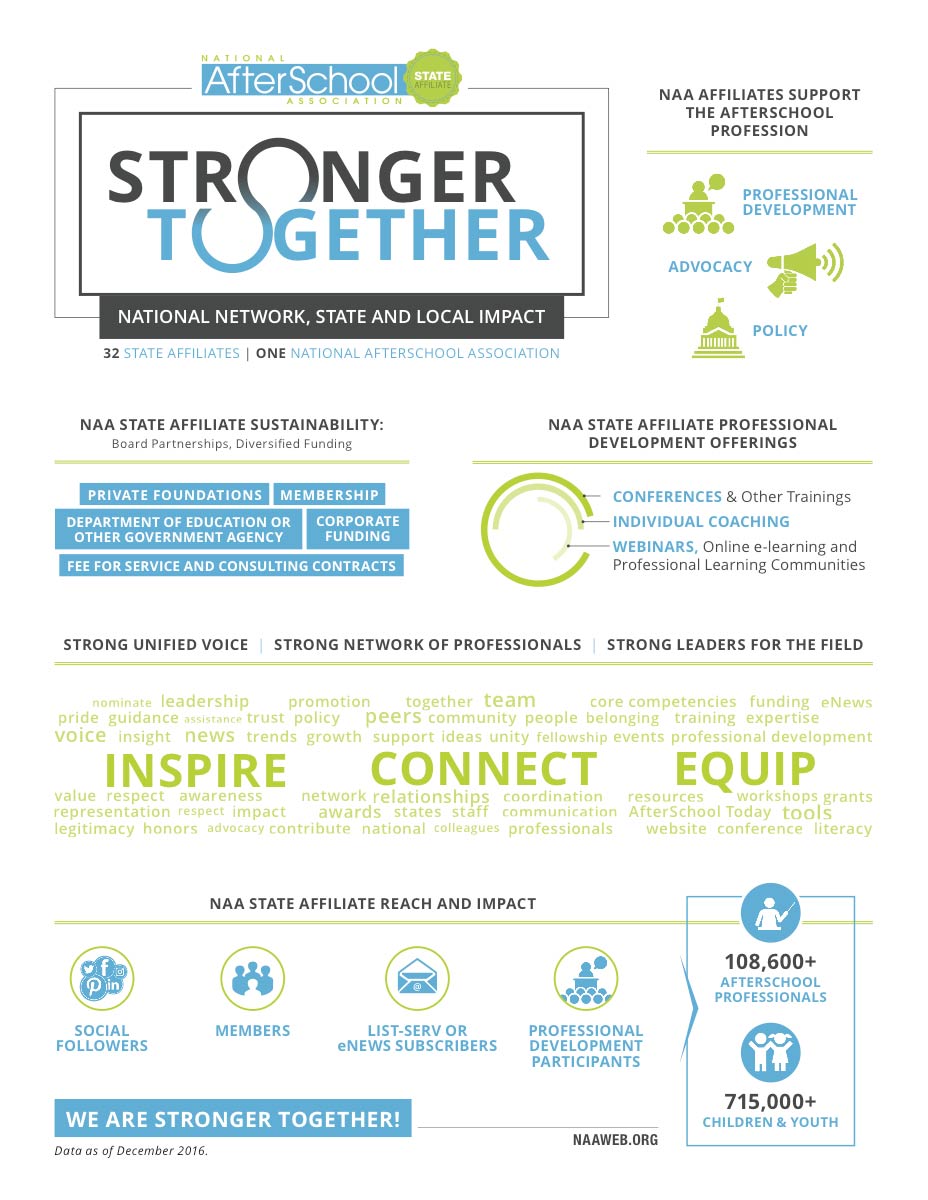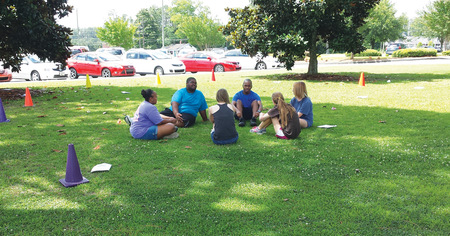This interest included partnering to benefit more people and effective approaches for implementing social programs, so they are sustained in our schools, clinics and communities.
Scaling what works is crucial to systems change. The education, youth development and health programs in this study scaled to varying degrees using different pathways; all involve some collaboration or partnership and all must address program fidelity issues.
How to scale ("pathways"), whom to involve ("partnerships") and retention of program quality ("fidelity") are strategic decisions critical to scaling up beneficial social programs in societies.
Social programs are initiatives intended by their developers to improve some aspect of communities. Scaling up is a process for significantly increasing the number of sustained implementations of a successful program, thereby serving more people with comparable benefits.
Key Findings About Pathways
- Use of pathways is dynamic.
- Initial organizing influences pathway choice.
- Program maturity varies by pathway.
- Program characteristics vary within pathways.
Key Findings About Partnerships
- Scale up involves multiple partners.
- Partners play multiple roles.
- Social networks connect and enable.
Key Findings About Fidelity
- Program fidelity can be affected both before and after scale up.
- Reinvention is common.
- Reinvention is collaborative and sometimes transformational.
- Implementation guidance is available.
- Adaption is often expected and sometimes encouraged.
- Monitoring for control and learning varies.
Visit http://bit.ly/ScaleUpStrategies to view the full report.





